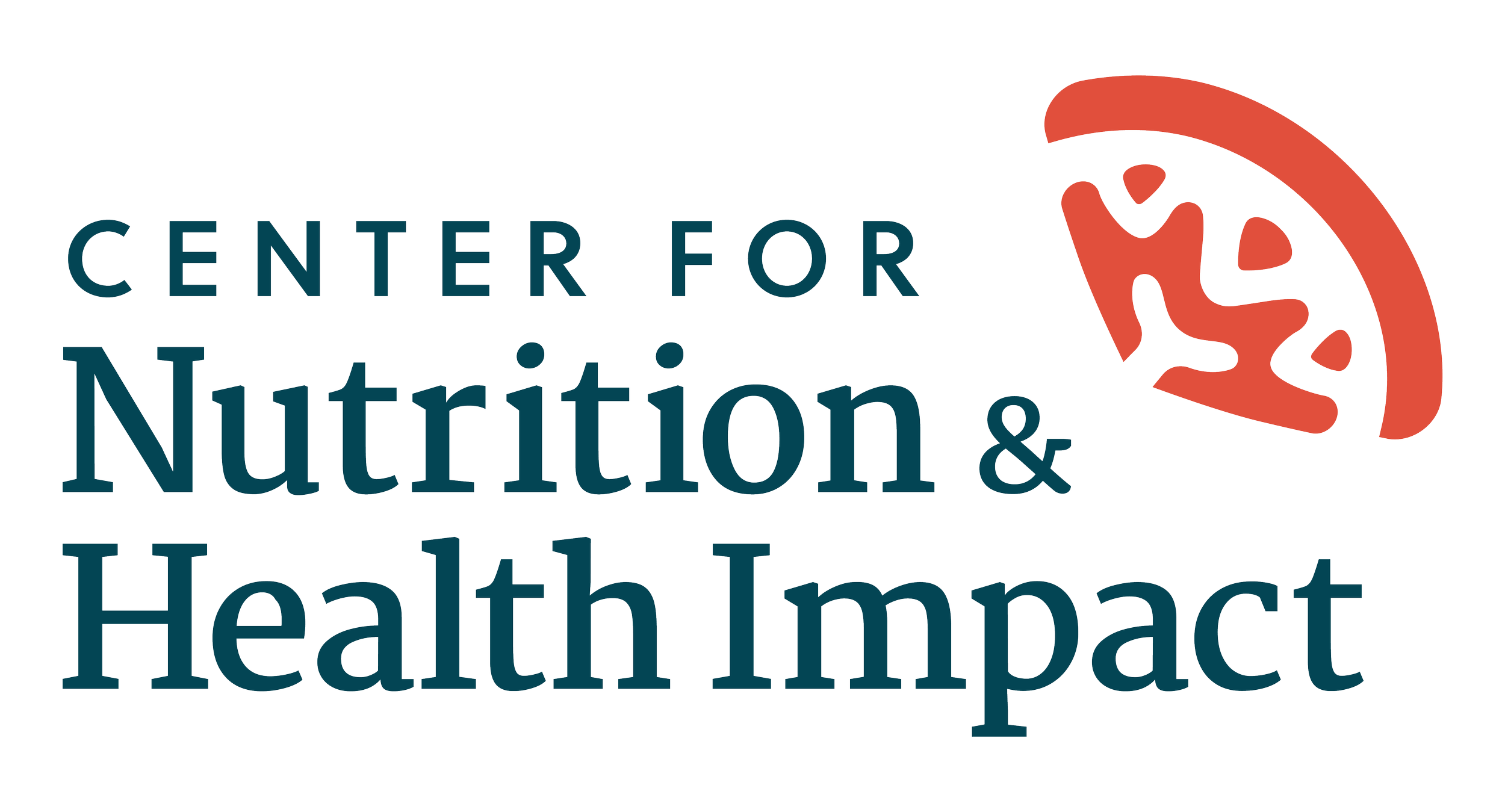CNHI awarded $10 million to improve WIC workforce development
CNHI awarded $10 million to improve WIC workforce development
FOR IMMEDIATE RELEASE
Contacts
Courtney Freitag
Senior Marketing and Communications Manager
cfreitag@centerfornutrition.org
Dr. Courtney Parks
Project Director, WETAC
cparks@centerfornutrition.org
Faith Peppers
Director of Communications, USDA NIFA
faith.peppers@usda.gov
USDA INVESTS $29 MILLION FOR WIC WORKFORCE DEVELOPMENT, NAMES CNHI AS LEADER OF ITS EVALUATION AND TECHNICAL ASSISTANCE CENTER
OMAHA, Neb., October 31, 2024—The Center for Nutrition & Health Impact (CNHI) has been awarded $10 million to develop and lead a new technical assistance and evaluation center for workforce development and programming supporting the Special Supplemental Nutrition Program for Women, Infants and Children (WIC), the USDA announced today. The grant is part of a $29 million investment in eight projects that address workforce needs and modernization of WIC agencies to increase diversity and cultural awareness in the WIC workforce and increase WIC benefits use and engagement long-term.
The $10 million CNHI receives will fund the launch of the WIC Evaluation and Technical Assistance Center (WETAC), a platform to support rigorous and consistent evaluation and reporting across grantee projects centered on Diversity, Equity, Inclusion and Accessibility (DEIA).
Developed as a joint agency effort between USDA National Institute of Food and Agriculture (NIFA) and USDA Food and Nutrition Services (FNS), the WIC Workforce National Strategy was created to expand and cultivate a diverse and culturally competent staff and strengthen connections to populations that are eligible but not enrolled in the WIC program.
Now in its 50th year, WIC programming includes nutritious supplemental foods, nutrition education, health screening and referral services, and breastfeeding support, with new opportunities to develop staff that can better reflect the culture of its participants and acknowledge that identity when providing care.
“We are excited to work with NIFA and FNS to achieve our overarching goal for the WETAC: to support the implementation grantees in their work to develop comprehensive and sustained solutions for WIC workforce development, and translate best practices for the field at large,” said Dr. Courtney Parks, CNHI senior research scientist and WETAC co-project director. “We hope that this work can enhance the diversity and cultural competency of the WIC workforce to ultimately increase reach and representativeness of WIC participants and enhance the uptake of benefits.”
CNHI is a leader in providing technical assistance, training, and evaluation by developing communities of practice, trainings and tools for public health professionals and participants to improve food and nutrition security. This project aligns with CNHI’s growing efforts to help modernize and enhance WIC programming and other federal nutrition incentive and produce prescription programs, such as our Nutrition Incentive Program Training, Technical Assistance, Evaluation, and Information Center (NTAE) that supports Gus Schumacher Nutrition Incentive Program (GusNIP) grantees and participants.
“The WIC Evaluation and Technical Assistance Center is an exciting expansion of the Center’s current work to implementation and evaluate the expansion of WIC online shopping nationwide, and to community-based outreach to and engagement with eligible families in WIC,” said Dr. Betsy Anderson Steeves, CNHI senior research scientist and WETAC co-project director. “All of this work aligns with the critical work USDA is doing to modernize the WIC program to best serve families and communities.”
Additionally, WETAC aims to:
Provide support and technical assistance for WIC workforce implementation grantees;
Develop and facilitate a National WIC Workforce Advisory Workgroup;
Co-design evaluation plans with WIC workforce implementation grantees including common metrics;
Support the development of engagement and outreach plans for grantees grounded in Traditional Ecological Knowledge and culturally responsive care across settings;
Develop resources and trainings to address identified capacity gaps;
House resources and information;
Identify technical assistance needs of State agencies;
Foster peer-to-peer learning through communities of practice.
The WETAC project launched in September 2024 with the website planned to go live in fall 2025.

